Collaboration Expands Research into the Lives of Those Enslaved by Quakers
Through a collaboration among Howard University, Haverford College, and the 339 Manumissions and Beyond Project, researchers intend to tell the life stories of more than 400 formerly enslaved people, mostly from the Philadelphia, Pa. area, who were freed by Quaker enslavers in the 1700s. Haverford College’s Quaker and Special Collections houses 339 documents promising freedom to 413 enslaved people of African descent between 1765 and 1790.
Howard University officially became a partner on the project in November 2023 and university students began preliminary research in September of last year, according to 339 Manumissions and Beyond founder Avis Wanda McClinton, who is an attender at Abington Meeting in Jenkintown, Pa. A representative for Howard University was unavailable for comment.
In addition to accessing the manumissions papers at Haverford College, researchers plan to use census reports, published articles, certificates of birth and death, records of churches and abolitionist societies, documents from insurance firms, and archives of historical associations, according to Friends Fiduciary Corporation, which manages a donor-advised fund to benefit the project.
Because Quakers have emphasized their history of abolitionism, McClinton explained, for many years, people did not think to look in Quaker archives for evidence that Friends had enslaved people. Formerly enslaved people who were freed might not have kept the names of the enslavers who had held them which complicates the research process, McClinton noted.
Research for the 339 Manumissions and Beyond Project draws on a digitized collection at Haverford called “Manumitted: The People Enslaved by Quakers.” The results of the research will likely cause Friends to reconsider their spiritual forbears and question what contemporary Quakers can do to respond to past wrongs.
“It’s going to reveal hard things, and it is also really important,” said Mary Crauderueff, curator of Quaker Collections at Haverford College and also an organizer of the Manumitted collection.
Even if Friends acknowledge that their ancestors in the faith owned slaves, many erroneously believe that by 1776, when Quakers in Philadelphia Yearly Meeting (PYM) forbade members from enslaving people, all those held in bondage were immediately freed, according to Crauderueff. Some manumission documents offered freedom only after many more decades of enslavement, McClinton noted.
Many Quakers who refused to free the people they held captive were eldered and released from their meetings, Crauderueff explained. However, PYM and its monthly meetings spent years wrestling with moral questions surrounding enslavement, including how former enslavers should assist freedpeople. She noted that she had recently learned of the rare book A brief statement of the rise and progress of the Religious Society of Friends, against slavery and the slave trade printed by Joseph and William Kite in 1843. The work explores how meetings in PYM responded to Quaker enslavers and offers researchers a more complex account of the process.
McClinton appreciates that young Black students are doing the research so they can learn about African American history. Eventually, she would like to expand the project to include other historic yearly meetings in the United States such as New England Yearly Meeting and Baltimore Yearly Meeting.
The eight-person advisory board for the project includes people who are White, Black, old, young, Quaker, and non-Quaker, McClinton noted. Many of them are teachers. She hopes other Friends will join the project and share their skills, especially those with expertise in website development. McClinton also aims to hire a full-time genealogist.
McClinton considers the project a response to a leading that can benefit all Quakers. She believes God is blessing the work of acknowledging the humanity and inherent value of formerly enslaved African Americans who suffered under the absolute control of those who held them in bondage.
“I got to sit back and say, ‘God is amazing,’” McClinton said.
For information about the project, readers can contact Dennis Gregg of Ann Arbor (Mich.) Meeting at 931-210-3611.


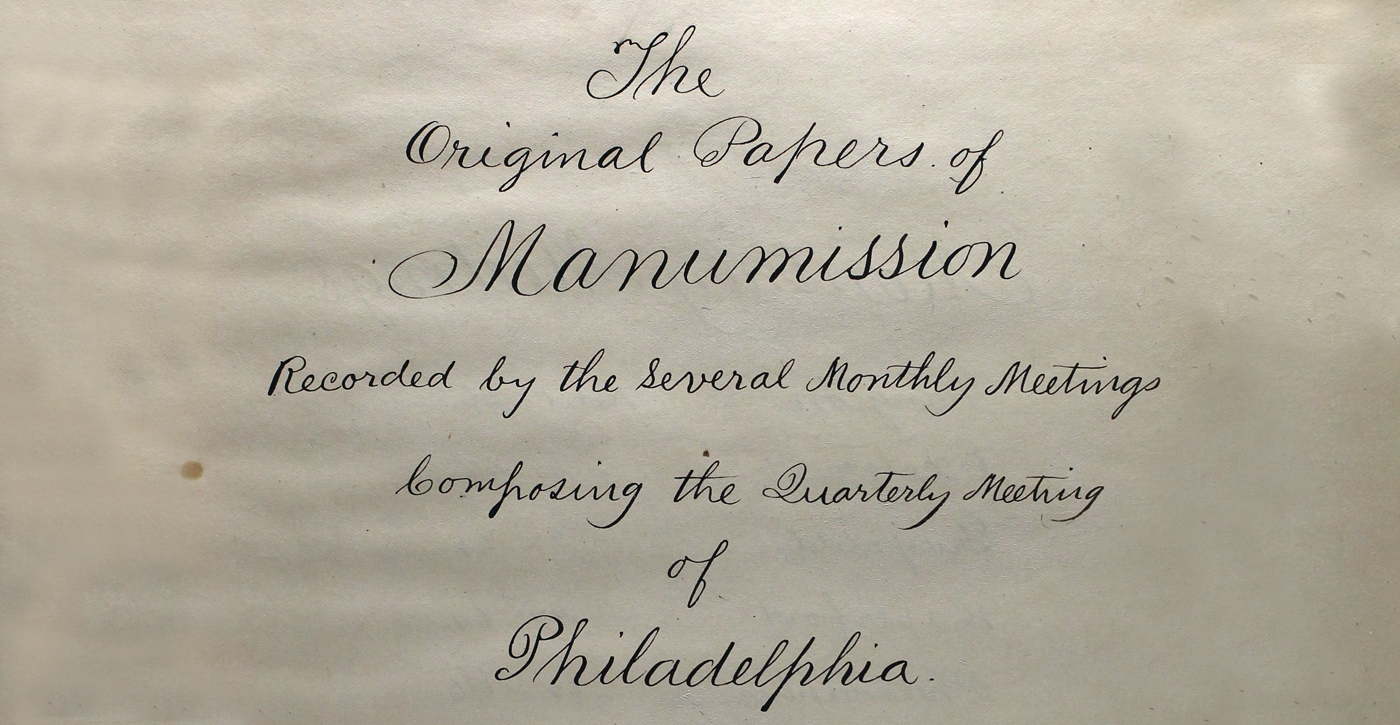
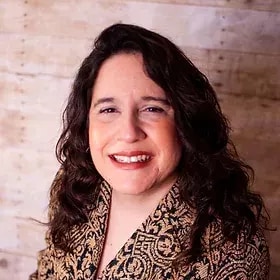
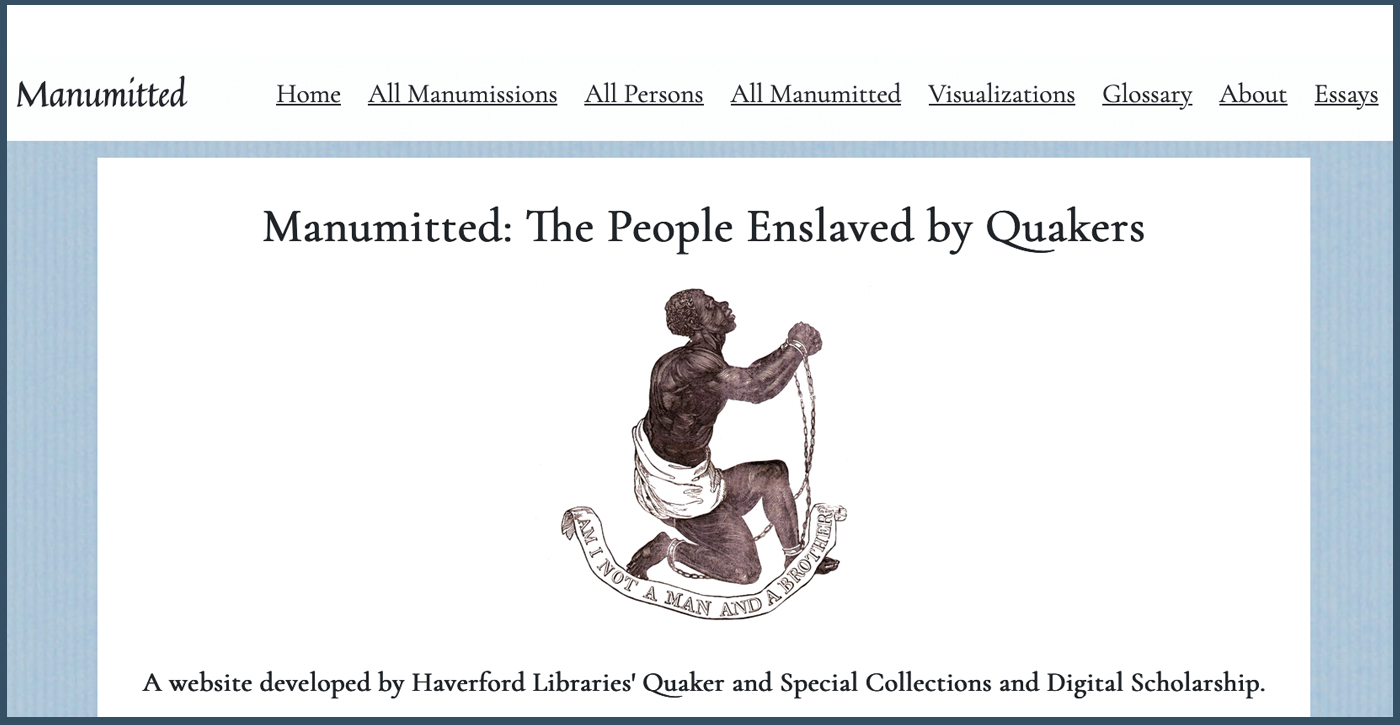
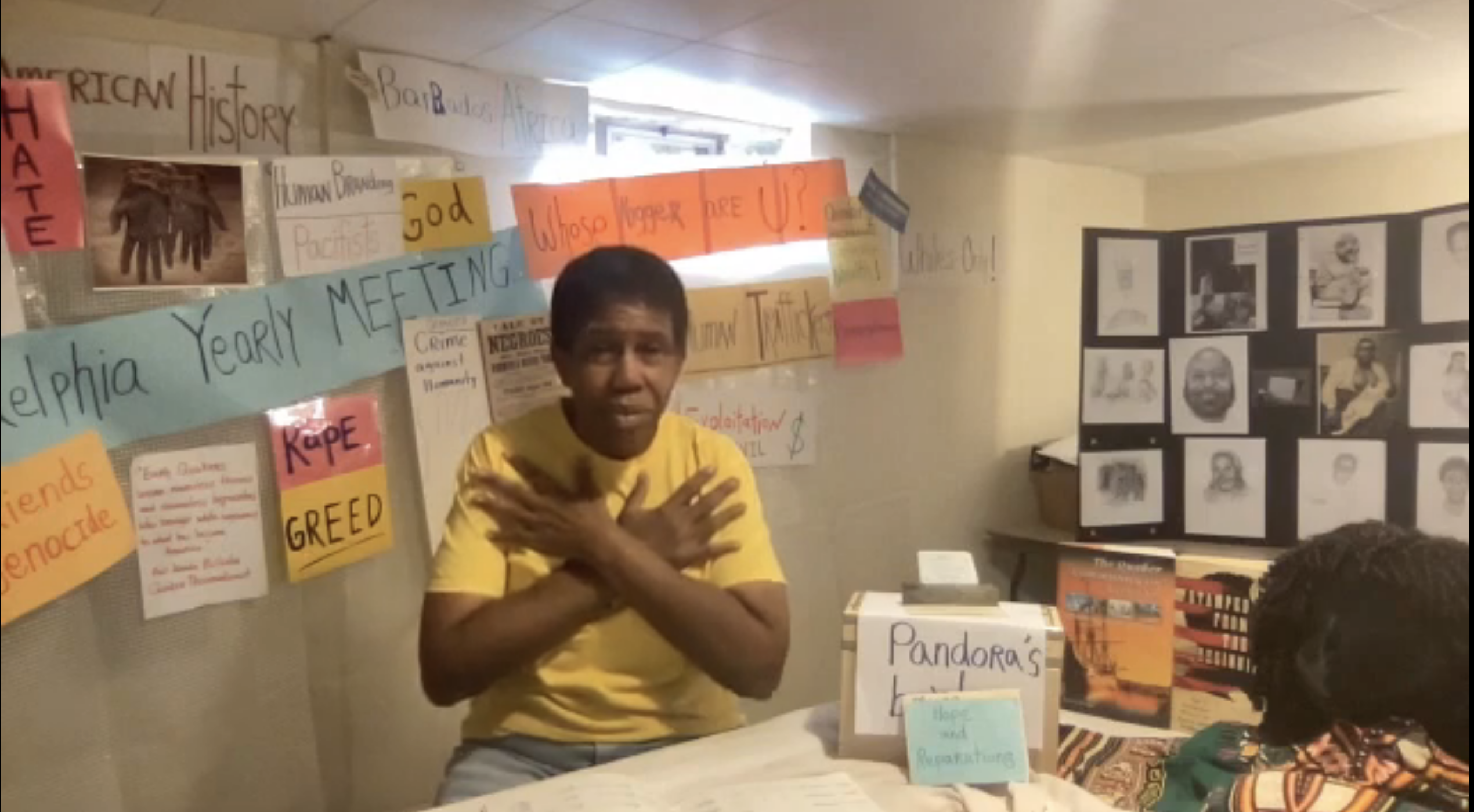
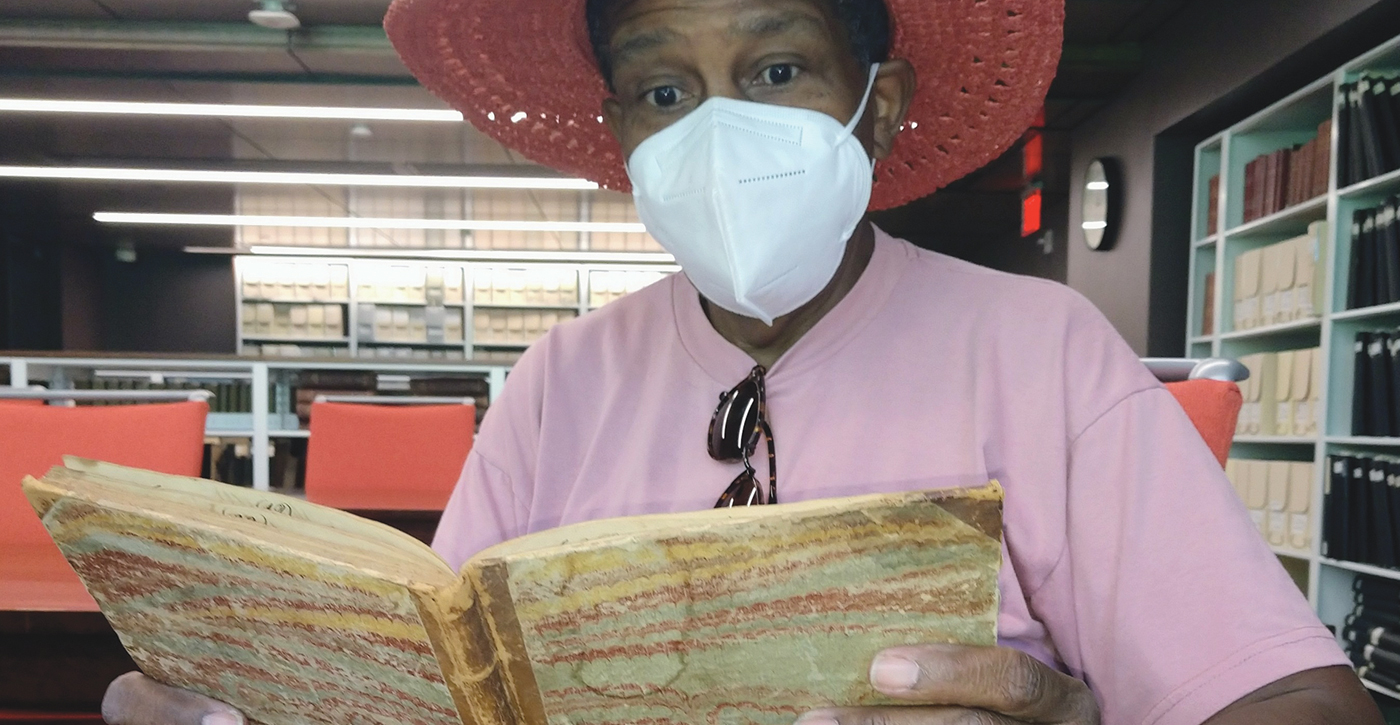
There are two big moments in history when Quakers did bad things to groups of enclaved or dominated people. The first covers black slaves. The second which is far bigger were Indian Residential Schools when Native American parents were forced to allow their children to stay in Boarding schools often far away from home where Cultural Genocide took place.
A few years ago I contacted Lakota researchers in South Dakota, many of whom had living relatives who has suffered a white regime in such schools and a form of inter generational trauma still persists. They sent me the names of fifty children who had died whilst at school with many buried without marked graves. I wept . Rapid City Boarding School later became a hospital for illnesses such as TB. The Lakota have raised funds to build a Memorial Walk to remember the children with Markers of their graves and places to pray in Rapid City.
David Dobson
Quaker – Cambridge UK
As a ‘birth-right Friend’ of 63 years, I think it is important that these shortcomings in our expeience of disceernmemtt come to light….but it is also valuable to remember the context
Discernment usually takes a long time. From the time that a small number of Quakers, following their consciences……risked therir lives, and livellihood to particpate in the undreground raillway, our numbers grew slowly. Even when John Woolman took his concern to his home Meeting….they rejected him…forcing him to travel up and down the East Coast, preaching,…. before the majority df Meetngs agreed to ban slave ownership.
Reportedly, black Africans were the most prosperous merchants initially benefiting from the slave trade..,…and even some American Indians owned slaves,
We can all be thankful that attitudes of racial equality, and respect for that of God in every person, have begun to replace the hegemonic ideologies of the past.
What a project to learn from..
I also think it is important to consider the “colonial attitude” of Friends’ missionaries. In some instances this may have led to denial or at least delaying of “self-determination” and leadership by the indigenous/native people.